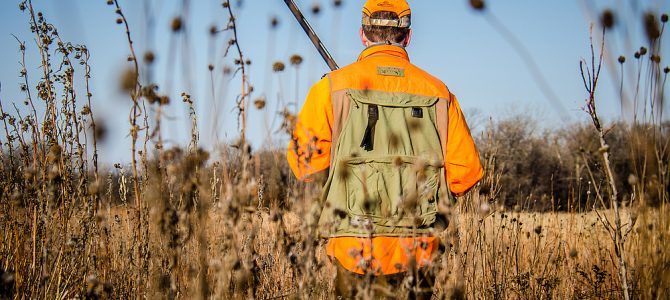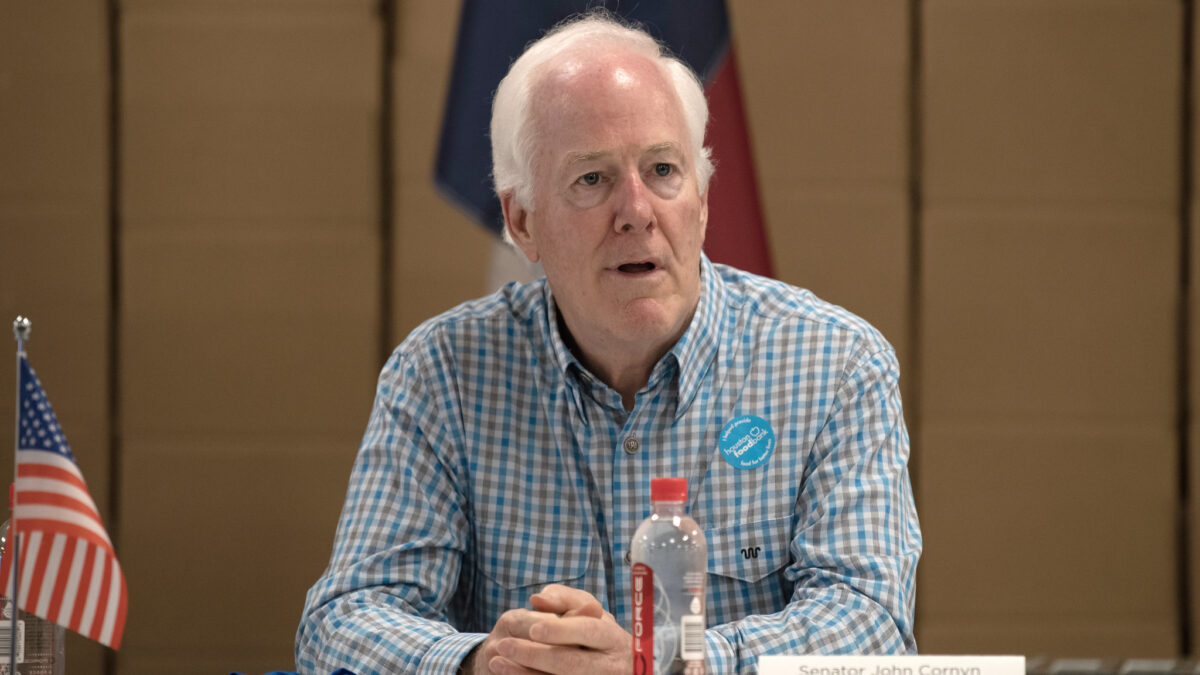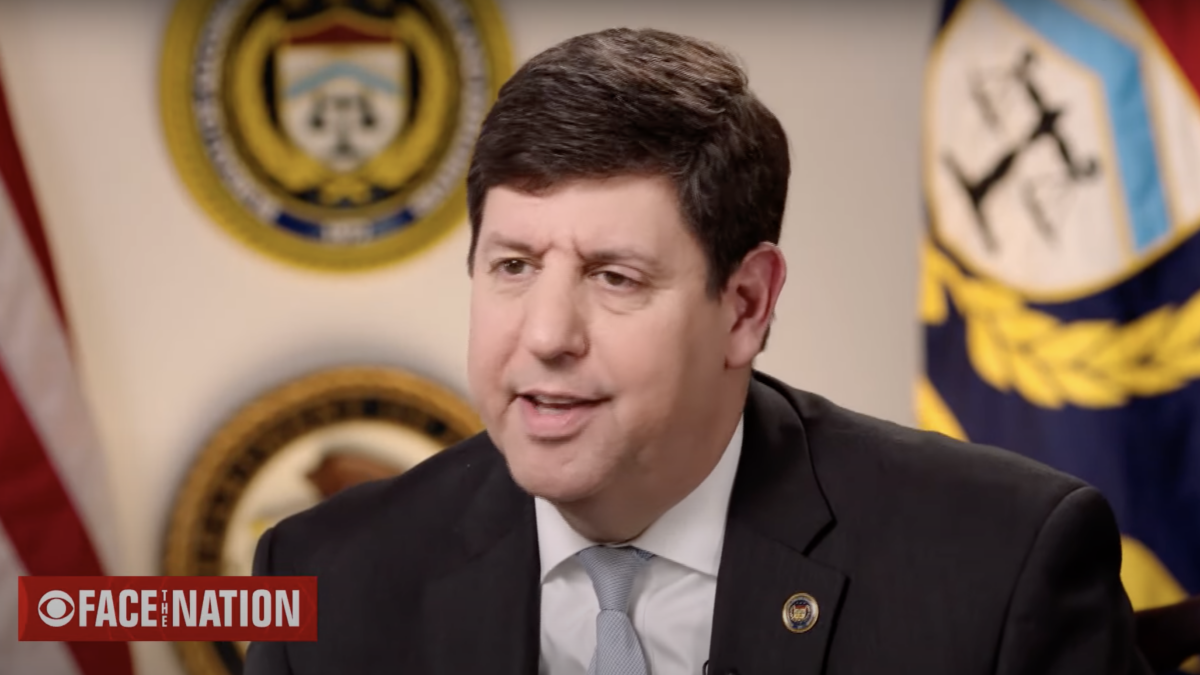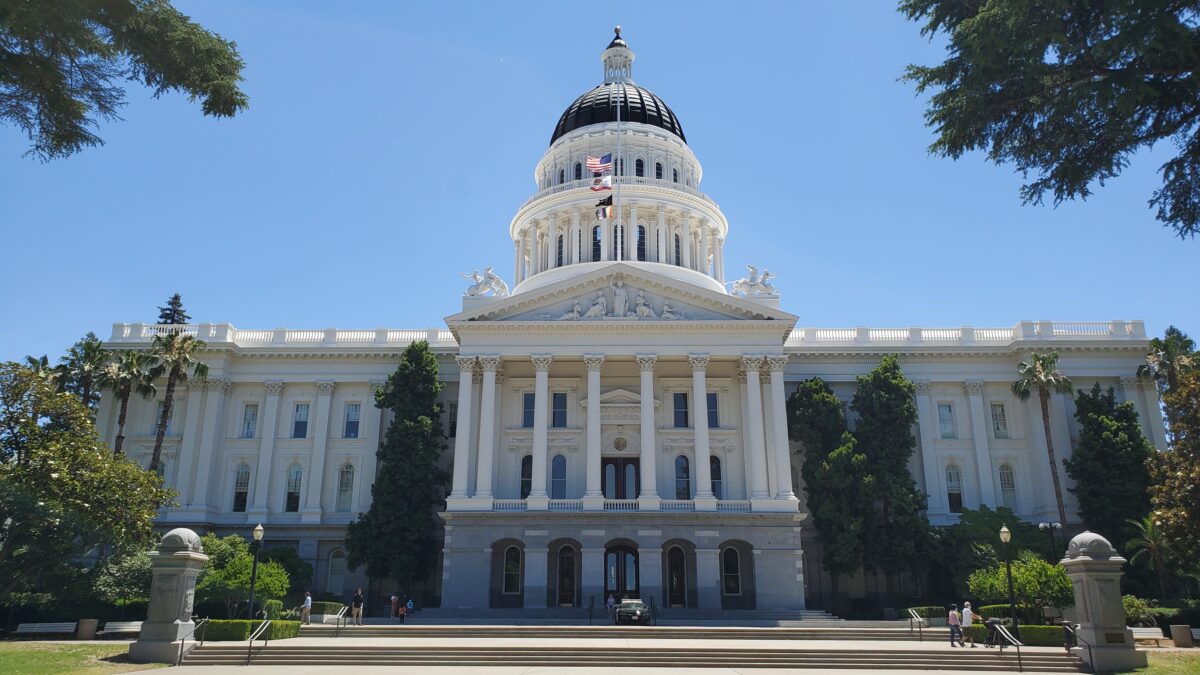
For many Americans, fall marks the beginning of deer season. Where I live in Northern Virginia, Sept. 8 marked the beginning of Fairfax County’s annual program to reduce the number of deer by inviting hunters to bowhunt in select parts of the county. A Washington Post report on this story reminded me why it’s important for Americans to be exposed to hunting and fishing.
Martin Weil writes: “Archery as part of a deer-management program inevitably evokes images of Robin Hood loosing arrows from his longbow in Sherwood Forest. But for deer-reduction purposes, Fairfax permits only crossbows and compound bows.”
I suppose we could call these hunters — to include a good friend of mine — “archers,” though the more common term would be “bowhunters,” since they hunt with a bow. Really ridiculous, though, is the claim that bowhunting “inevitably evokes images of Robin Hood.”
Regardless of whether an outdoorsman bow hunts, allusions to the merry men of Sherwood Forest does not usually come to mind. The remark is a bit like saying that going sailing inevitably evokes images of Homer’s “Odyssey.” Elsewhere the reporter refers to the initiative as an “archery program,” as if the goal is to hit the bullseye rather than kill a deer to eat. One wonders whether he spoke to a single hunter before writing the article.
I’ll admit I’ve never bowhunted. I prefer to wait until the season opens to include rifles and I can use my .308. Yet I have a fair share of family and friends who do, including an uncle who does so in his suburban Virginia backyard, much to the chagrin of his neighbors, who don’t enjoy watching him field dress his game from their kitchen windows.
I’ve never known anyone to hunt with a longbow, although a minority of bowhunters do. That aside, beginning an article about hunting deer by referencing Robin Hood and longbows demonstrates how far removed many Americans — especially those in urban and suburban areas — have become from their source of meat.
Indeed, a number of times I’ve told members of the technocratic elite that I hunt, I often receive peculiar looks and snarky comments. One young woman asked me why I would do such a thing, given how easy it is to buy groceries. When I said I believed hunting is a good skill to have, she asked me if I was one of those doomsday preppers, hoarding ammunition in some secret location in expectation of the coming apocalypse.
Others tell me it’s cruel to hunt animals — more on that below. We’ve come a long way from the first Thanksgiving, Daniel Boone, or Little House on the Prairie, icons of our shared heritage that prized hunting as a most American activity. Here are a few reasons why we should better familiarize ourselves with hunting or catching our own protein sources.
1. It’s Cost-Effective
If one does it with any regularity, hunting is actually pretty cost-effective. A deer I shot several years ago in northwestern Pennsylvania fed my wife and I for about six months. A hunter can acquire the necessary equipment — gun, ammunition, blaze orange clothing, tree stand, field-dressing kit, etc. — for several hundred dollars. Netting one deer will just about pay for all of those costs. Every animal after that is practically free meat, apart from the time required to hunt, kill, and process it.
Moreover, plenty of butchers will do the time-consuming processing part for a very reasonable price. My uncle, a professional musician with a relatively low income stream, relies heavily on his hunting and fishing to provide the protein for his diet.
2. For Self-Sufficiency
Closely united to the financial justification for hunting is the argument from self-sufficiency. Voters across the political spectrum often lament big business’ control over our economy and society: big tobacco, big oil, big pharma, and of course big agriculture. The last includes the big four meatpackers: Tyson, Cargill, JBS USA, and National Beef Packing Co., which control about 80 percent of all beef slaughtered in America.
Certainly small, independent farmers can provide alternate sources of meat (and often of better quality). Yet few of those who protest big corporations’ hold on American meat make the connection that part of the answer to subverting power of the agriculture corporations is in the hands of hunters. If more people acquired their own source of meat, they wouldn’t have to rely on “Big Ag.”
Moreover, there’s no undersupply of game in this country: overpopulation of deer and wild pigs are significant problems in some regions.
3. To Know Nature
Most everyone is concerned about the environment, regardless of whether he believes in global warming. Everyone with a functioning brain should want to drink clean water, preserve the natural beauty of our country, and prevent the extinction of threatened species. Yet many Americans, even those who are most eco-friendly, have little practical experience in nature.
Hunting or fishing provides a prime opportunity to learn about nature — not just animals, but also things like plant species and weather conditions. Good outdoorsmen need to know a lot about the environment in which they are hunting or fishing to improve their chances of getting something. Spending time in nature also provokes deeper interest in the natural world.
Indeed, sportsmen are some of the most adamant environmentalists around. I routinely take my kids over to a local pond to fish. They already love being outside, but every time we go it’s a new opportunity to instill in them a love for nature. We always have fun, and there’s nothing like seeing the expression on their faces when we catch even the tiniest of bluegill.
Sadly, I’ve rarely seen other parents in the woods with their kids, let alone fishing. I’d argue that someone who actually spends time in nature fishing or hunting has a lot more invested in its preservation than urbanites who couldn’t tell a white oak from a scrub oak.
4. It’s Less Cruel
One of the most annoying criticisms I receive as a hunter is that I’m “killing Bambi” or participating in animal cruelty. This is ludicrous. Hunters, aside from idiots like Walter Palmer of “Cecil the Lion” fame, are deeply concerned with limiting pain for the animals they kill. The goal is to kill the animal quickly and easily, then harvest the meat, not gloat in its death.
Most of the time, the animal is dead shortly after the shot is fired. The animal is killed in its natural habitat, with little cruelty and a lot of respect. I’ve even seen hunters pray over the dead animal in a moment of honor and thanksgiving. If you compare that to the way many of the animals we eat are killed, the difference is striking.
That anyone would criticize a hunter about the “inhumane” treatment of animals, especially if that critic eats meat others have killed, processed, and shipped to the local grocer, demonstrates how ignorant and foolish we have become in regards to food consumption.
My father took me on my first hunting trip when I was 11 years old, and our last hunting trip was about six months before he died of cancer. When he passed away, I had to go through all the papers he had collected over the years. In a desk drawer I found an edition of The Washington Post from the 1980s. My dad kept it because there was a big, separate section on hunting.
You heard that right, the WaPo used to publish a stand-alone section in the lead up to the annual hunting season. The paper’s recent ridiculous coverage of the deer culling in one of Washington’s suburbs goes to show how much has changed in those 30 years.
Yet as I’ve argued above, hunting (and fishing) are activities that Americans of all political persuasions should not only support, but pursue. Indeed, to humor the author of the WaPo article cited above, in killing our own meat source, we in a sense can give to the poor. The poor, in this case, are ourselves, who in hunting and fishing are enriched with a deeper appreciation for nature, our heritage, and, of course, the taste of venison.









